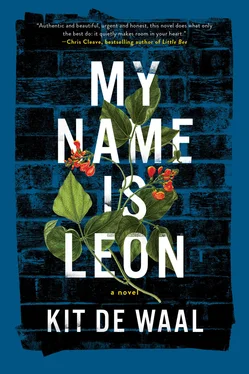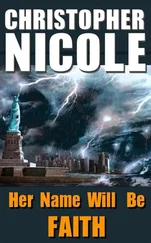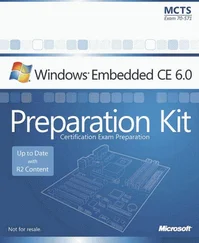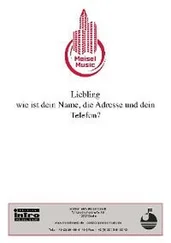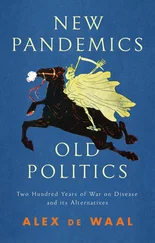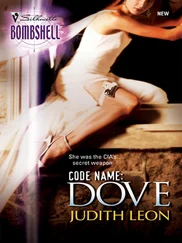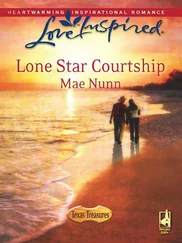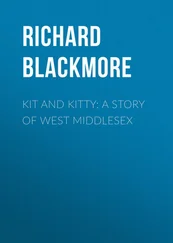Leon bikes up to the traffic lights. He parks at an angle to the corner, sits back on the seat, and folds his arms. People in their cars look at him; kids in the backseat can see his bike, his new BMX. He gets off, squats down, checks the tires, gets back on, twists the wheels, and watches people watching him. He looks big for his age, twelve or thirteen, and now, with his new bike, he could even be fourteen. As he sits he tries to remember the way Wasp Man went.
He crosses the road and turns the corner into a long busy street. He pedals on the pavement between stacks of vegetables outside the Pakistani shops. There are loads more black people than where Sylvia lives and lots of shops sell funny-looking vegetables in dark purple and pale green, things he’s never seen in blood red and milky white, everything piled up on milk crates, spilling out onto the ground. He pedals over a squashed black banana and his front tire skids and slips. Clusters of old Indian men in turbans sit on little stools outside their shops, their long white beards dancing in the wind. Two black men sit on a square of grass with a chessboard between them, talking over loud music from a record shop. Black women in bright African headdresses walk slowly, holding the hands of their children, their big silver earrings swinging as they go. Some of the black men have locks standing up or hanging down their backs like furry black rope. Because the road is so narrow all the traffic goes slow and people in the cars shout at each other when they can’t move forward. No one notices Leon.
He comes eventually to a crossroads. Down a narrow lane behind rusty iron railings, there is a huge, flat garden with lots of huts. He goes up to the sign, “Rookery Road Allotments.” He pedals slowly past, down a little path that branches and curves, and everywhere he looks there are tidy rows of flowers and vegetables, garden sheds, greenhouses, crooked buildings made of corrugated iron and old windows, long plastic tunnels with plants inside, and, right by the gate, an old man is swinging a big curved knife, cutting down a bush. Leon watches him. That’s the best knife he’s ever seen and even though the man is old he’s cutting through the bush like a soldier in the jungle. Right, left, right, left. The bush is hacked down to a naked, gnarled trunk.
Whoosh. Suddenly, a bike skims past Leon so close that he nearly falls. It’s Wasp Man, with his bald head and yellow glasses.
“Easy, Star!” he shouts.
The man with the knife turns around and raises his arm in the air.
“Not in here!” he shouts. “Not in here!” He points the knife at a sign that says, “No dogs. No ball games. No cycling. No unaccompanied children.”
But Wasp Man is still going fast along the little paths, so Leon gets off his bike and follows him to the edge of the allotment near a wooden shed. Leon wheels his bike right up to him.
“Yo, my friend,” says Wasp Man. “You looking for somebody?”
Leon stares. The man is wearing tight black leggings and no top. His skin is brown like the wood on Sylvia’s sideboard, brown like his dad’s but shiny and muscly like the Hulk. He has three scars across his shoulder like he’s been shot or attacked, another scar on his cheek. He’s a warrior. He lifts his yellow wasp glasses. His eyes are black and when he smiles he looks like he’s got too many teeth for his mouth.
“You lost?” he asks.
“No,” says Leon. “I’ve got a bike like yours.”
“Yeah? That’s a good bike, Star. Let me see.”
Leon gets off the bike and Wasp Man bends down. He handles the bike and runs it along the ground and back a few times, turns the pedals with his hand.
“Hold it,” he says and takes a wrench out of his bag. “Good job I was just coming from work.”
He unscrews something and pulls the seat up higher. He unscrews something else by the handlebars and pushes them down. He tightens everything up and pushes it toward Leon.
“Now you’ll go faster. It’s a bit small for you, you know. But this will fix it.”
Leon sits back on and he’s right. It is better. He rides round in a little circle.
“Yeah,” says Wasp Man. “You got it.” Then suddenly he says, “Get off. Quick. Now.”
The man with the knife walks over to them and looks at Leon first.
“Who are you?”
Leon says nothing.
“Top of the morning to you, sir!” says Wasp Man. He smiles the big smile and salutes.
“Mr. Burrows,” says the man, pointing the tip of the knife at Leon. “Children aren’t allowed.”
“Meaning?”
“Meaning that whoever he is, he’s not allowed in here unaccompanied. Especially not riding a bicycle. Neither, for that matter, are you.”
“I need to be accompanied, too?” says Wasp Man, still with his smile.
The man with the knife closes his eyes. Where the knife has been chopping at the hedge there are streaks of green on the sharp blade like alien’s blood. The handle is made of black wood with a blue tassel on the end. It is so long that it nearly touches the ground. The man raises the knife and points the tip at Leon’s neck.
“You know what I mean. Riding a bike. Cycling within the allotment boundary.”
“Sorry?” says Mr. Burrows, turning his ear toward the man. “I didn’t catch that. I’m not too good with Irish. Doing what?”
“It’s Gaelic, not Irish, and on this occasion I was speaking English.” The man takes a deep breath and repeats his words slowly. “Cycling. Within. The. Allotment. Boundary.”
“Ah!” says Mr. Burrows. “You like your rules, don’t you, Mr. Devlin?”
“They’re not mine. I’m on the committee and, incidentally, so was your father.”
“Yeah, well, he’s not here and I am. I just come from work, and anyway, cycling is no crime. Don’t worry yourself.”
“I am not worried. Regulations, Mr. Burrows. They’re not made by me, as you well know. They are committee regulations. And they’re made to be adhered to.”
“Aye, sir, I understand, I do,” says Mr. Burrows and he tries to say it the same as Mr. Devlin with the funny accent.
Mr. Devlin stares and Mr. Burrows raises a finger.
“Oh, and by the way, Mr. Devlin, I think you finished your sentence with a preposition.” He wags his finger in the air. “Against the rules.”
The two men look at each other like they’re about to start fighting but Mr. Devlin has a dangerous weapon and Mr. Burrows doesn’t. Just when Leon thinks something is going to happen, Mr. Devlin walks away and Mr. Burrows makes a monkey face behind his back just the way Leon does when Sylvia tells him off.
“That man,” he says, “has nothing else to do but lord it over people. Thinks he owns this place. So busy spying, he forgets to live his life.”
Leon watches Mr. Devlin. He has a bit of a limp but, from the back, he could be young in his army boots and camouflage jacket. He’s much older than Mr. Burrows and his white skin looks dirty or browned by the sun, but he looks strong. Maybe he’s got scars as well under all his clothes.
“You want a drink, Star? Come.”
Mr. Burrows unlocks the door of his hut. It’s dusty inside, with folded-up chairs stacked at one end. A tall metal bin halffull of water has cans of soda floating on the top. On a little metal table, there is a set of dominoes in a wooden case. Leon’s dad used to have a set of dominoes and his name was engraved on the lid: “Byron Francis.” His dad used to let him play with them and line them up end to end, matching all the numbers. He picks up the case and rattles it.
“You’re too young for them,” says Mr. Burrows and lifts them out of his hand. “Big man’s game.”
On one side of the shed there are posters and pictures and on the other side there are three wide windows and, under the windows, there are rows and rows of little plants in black plastic trays. The shed smells of warm earth, sweet and fresh. Leon puts his face right up to one of the plants. The silver-green leaves are so thin and delicate that he can see threads of tiny veins like the veins on Jake’s hands. And there are brown seeds in some of the trays that have burst open and white stems are bulging out, trying to escape. With the very tip of his finger, Leon presses down on the soil.
Читать дальше
